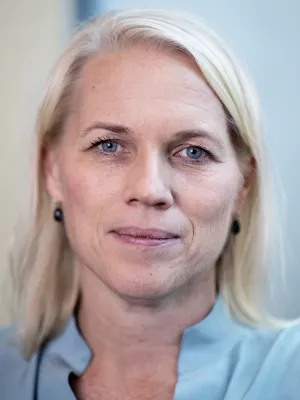
Sophia Zackrisson
Manager

Breast cancer screening in women with extremely dense breasts recommendations of the European Society of Breast Imaging (EUSOBI)
Author
Summary, in English
Abstract: Breast density is an independent risk factor for the development of breast cancer and also decreases the sensitivity of mammography for screening. Consequently, women with extremely dense breasts face an increased risk of late diagnosis of breast cancer. These women are, therefore, underserved with current mammographic screening programs. The results of recent studies reporting on contrast-enhanced breast MRI as a screening method in women with extremely dense breasts provide compelling evidence that this approach can enable an important reduction in breast cancer mortality for these women and is cost-effective. Because there is now a valid option to improve breast cancer screening, the European Society of Breast Imaging (EUSOBI) recommends that women should be informed about their breast density. EUSOBI thus calls on all providers of mammography screening to share density information with the women being screened. In light of the available evidence, in women aged 50 to 70 years with extremely dense breasts, the EUSOBI now recommends offering screening breast MRI every 2 to 4 years. The EUSOBI acknowledges that it may currently not be possible to offer breast MRI immediately and everywhere and underscores that quality assurance procedures need to be established, but urges radiological societies and policymakers to act on this now. Since the wishes and values of individual women differ, in screening the principles of shared decision-making should be embraced. In particular, women should be counselled on the benefits and risks of mammography and MRI-based screening, so that they are capable of making an informed choice about their preferred screening method. Key Points: • The recommendations in Figure 1 summarize the key points of the manuscript
Department/s
- Radiology Diagnostics, Malmö
- LUCC: Lund University Cancer Centre
- EpiHealth: Epidemiology for Health
Publishing year
2022
Language
English
Pages
4036-4045
Publication/Series
European Radiology
Volume
32
Issue
6
Document type
Journal article
Publisher
Springer
Topic
- Cancer and Oncology
Keywords
- Breast density
- Decision-making, shared
- Early detection of cancer
- Magnetic resonance imaging
- Mammography
Status
Published
Research group
- Radiology Diagnostics, Malmö
ISBN/ISSN/Other
- ISSN: 0938-7994

